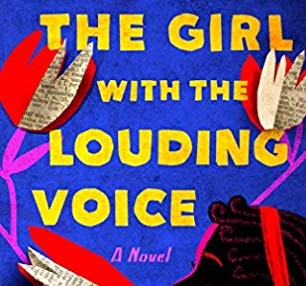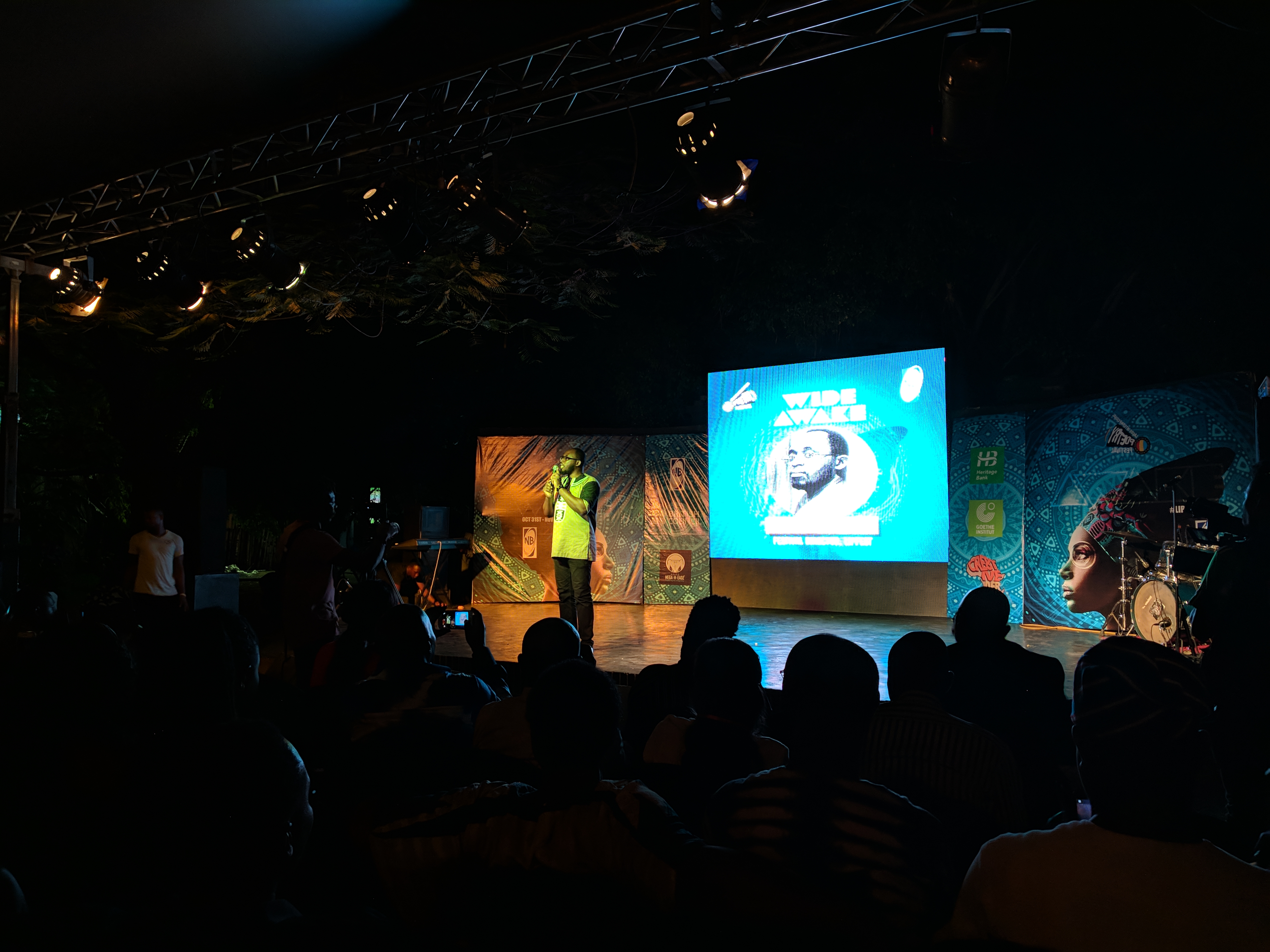
Book: The Girl With the Louding Voice
Author: Abi Dare
Pages: 384
Publisher: Dutton
Reviewer: Haneefah Bello
Abi Dare’s debut novel is a crisp, brilliant account of a fourteen year old girl’s struggle against illiteracy, patriarchy, and abuse.
The book opens with Adunni, the protagonist, being told by her father that she will be married off to an old taxi driver, Morufu, in the hope that her bride price will be used to take care of the rest of the family.
The reader is immediately plunged into Adunni’s chaotic life. Her mother, who, before her sickness, had been the breadwinner of the family, is dead. Though her mother had sworn that she would see Adunni through school, Adunni and her brother, Kayus have had to stop going to school because of her father’s inability to foot the school bills. As if that isn’t bad enough, they are about to be evicted from their house and only Adunni’s marriage can save the family from the streets.
Adunni questions herself, her father’s decisions, her society, and life itself. After considering other options and finding none of them palatable, Adunni steels herself through the marriage ceremony and goes to her husband’s house.
From here, things get worse. Not only is Morufu a “foolish stupid old man” who would marry a child, he is also an abuser who rules his home with a heavy hand. Adunni faces many difficulties living as a married woman, including having to deal with a jealous older wife. She finds a slice of her mother in Khadija, Morufu’s second wife, who makes her life somewhat bearable. However, as she starts to get used to her bondage, things go south and Adunni finds herself in a more precarious situation, where she has to choose between life and death.
Her decisions lead her to Lagos, where she is introduced to an entirely different life from the one she lived in Ikati. However, she still faces the same problems: abuse, and her lack of education, everything trying to silence her louding voice.
Adunni is intelligent, witty, inquisitive and brave. It is these characteristics that help her course through the muddy waters of her life up to a point where she could find her feet and breathe. She has a deep sense of love and loyalty to her friends and family, especially her brother Kayus. She knows what she wants, and that is to be educated, have money and be able to take care of her family and give a voice to the many voiceless girls of Ikati. She does not want to marry any old man “with the face of a he-goat” because that would be like “throwing all my futures inside dustbin”. She wants a louding voice. Dare successfully paints her in colours of courage and defiance, making it easy to fall in love with her, cry, grieve, laugh, and sing with her.
Most importantly, the book exposes problems females go through in Nigeria, such as child marriage and domestic violence. This is done by showing the reader the patriarchal and misogynistic values that have been woven into the fabric of many Nigerian societies, where it is believed that “girls are only good for marriage, cooking food, and bedroom work”, where children as young as Adunni are supposed to be happy that they’re marrying old men, and men are encouraged to “do her anyhow you want. Use her till she is useless!”.
Dare also brings to fore the importance of education, especially education for the female child, and the lack of it among children living in rural communities like Ikati. The reader is made to see the importance of education as Adunni recalls her mother telling her “Your schooling is your voice, child. It will be speaking for you even if you didn’t open your mouth to talk.” Contemplating her fate, Adunni asks: “if I am not going to school, then how will I be finding a job and having money? How will I have a louding voice?”
As the book progresses and Adunni gets exposed to books and educated people, Dare employs her voice to question many of the Nigerian societal norms that revolve around issues of government, poverty, underdevelopment, lack of adequate health care services, class segregation and oppression, and child trafficking.
Dare’s language and writing style puts the reader directly in the mind of the characters. She narrates in Adunni’s voice, adopting a sort of Pidgin English to emphasise the lack of education in most of the characters, especially Adunni. While this is a brilliant way to pass her message across, it did seem forced in the way that it wasn’t in line with the original Pidgin English.
Nevertheless, The Girl With the Louding Voice is a beautifully written book that strikes the heart of every discussion on feminism going on in this time and age. It is worth all the hype and more.
Haneefah Bello is a poet who currently studies law at the University of Ibadan, Nigeria. Some of her work has been published on Nantygreens, Bravearts Magazine, and Ripostes of Locked Down Voices anthology.







